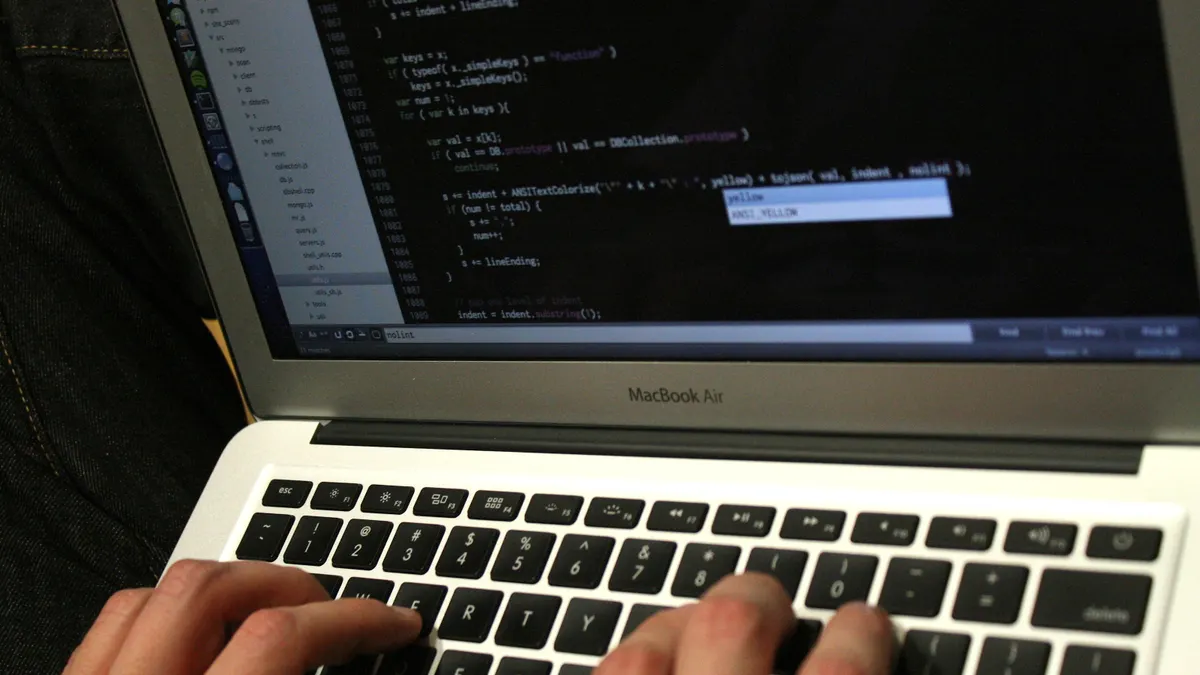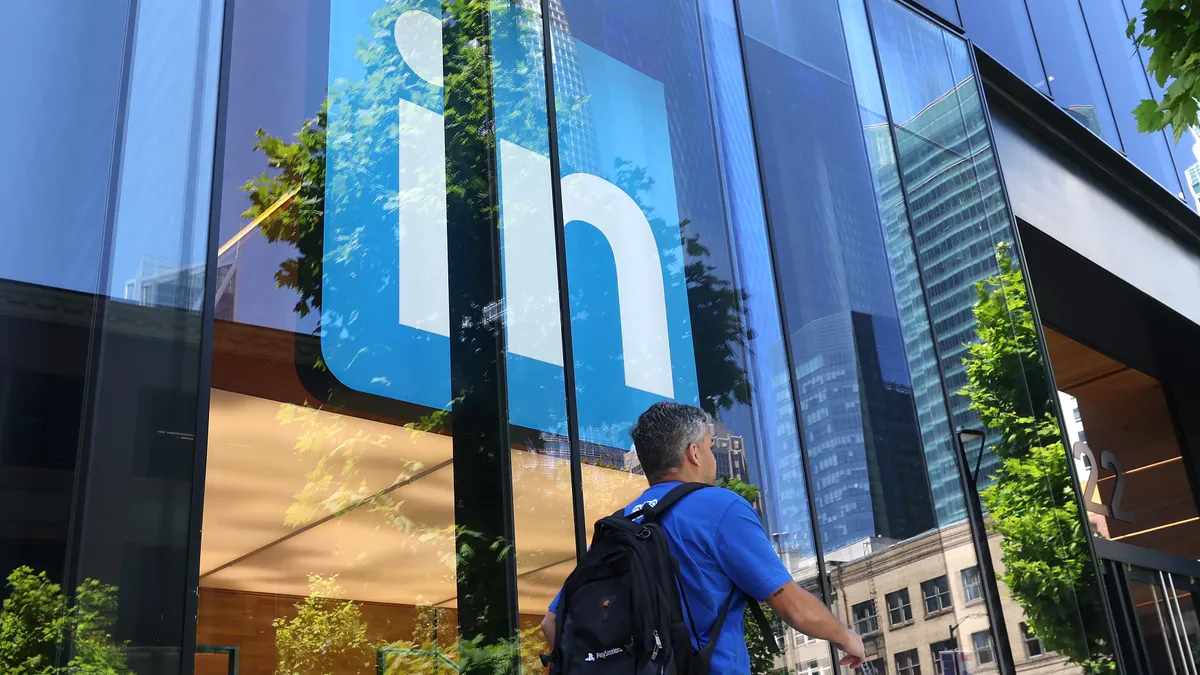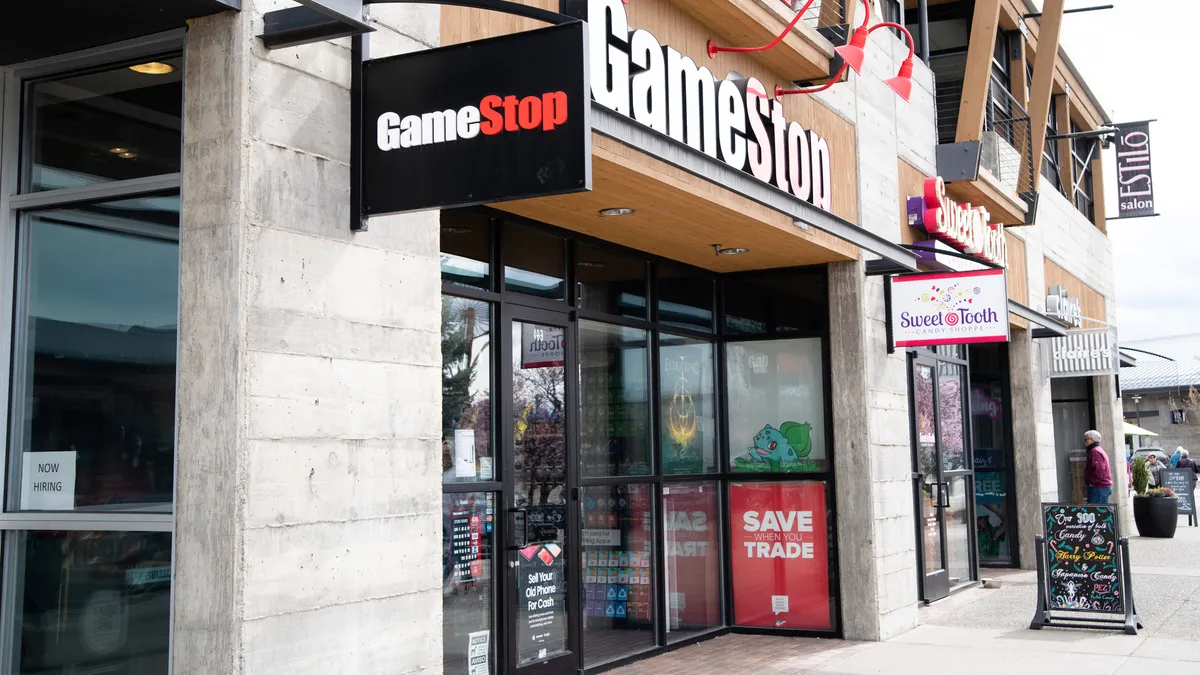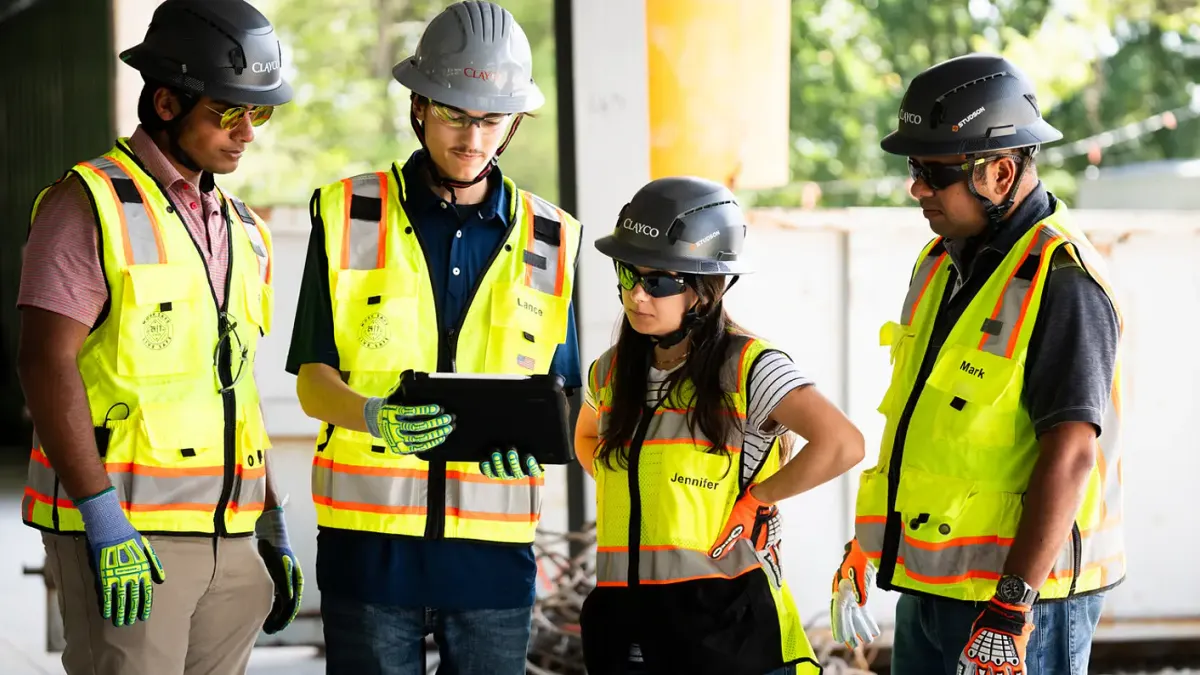If you work in talent acquisition, you've likely heard about the skills gap. For many, its existence is simply a given — but one new study claims the fervor around the phenomenon may be based on a lie.
According to a study recently presented at an American Economic Association conference, the skills gap was largely self-inflicted. During the last recession, employers could be picky about who they hired and increased their requirements accordingly, but they then had to let up once the economy began to heal and talent was less readily available.
As it turns out, the skills gap is, in some ways, just that simple; but there's also a little more to the story. So what's really going on with the skills gap?
Is the skills gap real?
This conversation isn't new, Heidi Shierholz, senior economist and director of policy at the Economic Policy Institute, told HR Dive; "There is never a moment where you don't hear employers complaining they can't find the skills they need."
During tough times, employers will say the unemployment rate is up because applicants don't possess the skills employers need. Conversation about unemployment eventually revolves around this perception of a skills gap, Shierholz said, and that conversation can persist even as the market heals.
Now, the unemployment rate hovers around 4% — and "it is not like we had a huge training session," Shierholz said. The cyclical nature of the market may partly be to blame for the sudden change in fortunes.
"I promise you, we will have this discussion again," she said.
But that can all be true and not take away from the problems at hand, Ravin Jesuthasan, managing director and global practice leader at Willis Towers Watson, told HR Dive. When companies have the opportunity to raise the skill base, they will do so. But as tools change (particularly in this market), skill premiums legitimately rise, too, leaving both employers and potential applicants in the lurch.
"The skills gap is definitely real. It wasn't invented by organizations," Jesuthasan said. "That study does not at all diminish the fact that organizations are really struggling to fill roles."
Unfortunately for employers, some of this can be blamed on human nature, Steve Berchem, chief operating officer at the American Staffing Association, told HR Dive. Employers adopted tougher requirements to try and manage a deep pool of candidates; candidates could easily be docked if they didn't meet the exact requirements. But the market has changed — and companies have been slow to catch up.
"Many people see it as an employer market or hard to find a job," Berchem said. "And it could be those lingering requirements … and when you see that as a job candidate, that just reinforces that perception."
Some of the confusion lies in how one defines a "skills gap." Formal studies often define it in terms of years of experience. But others tend to refer more to broad skills and knowledge, Katie Bardaro, lead economist at PayScale, told HR Dive. Workers simply don't know what employers need them to know. To solve that, employers may have to swallow costs for on-the-job training that, in a looser market, could have been brushed off as unnecessary spending, she added.
Employers' responsibilities
The larger skills gap drama may say more about employer preparedness than it does the actual skills market. The very concept of a job or degree is a poor marker for how the work is actually being done, Jesuthasan said.
"There is just too much noise in a degree," he said. "Someone may have a degree in 'data science,' but it tells you nothing about what those skills look like." The talent lifecycle should be driven by skills and work, not positions or where one went to school, he added.
This means that hiring managers should be looking for people who can do what an employer can't train a person to do — think critically, communicate well and have a willingness to learn, Bardaro said.
To do so, more employers are interviewing "with intention," she added. Employers take their time to get to know someone through longer interview courses and tests, rather than opt to bring someone in quickly. Time-to-hire remains a concern in this market, but combining solid data analysis with personalization tends to improve hire quality overall, experts previously told HR Dive. And while the economy is strong right now, "there is a level of uncertainty about whether this will persist," Bardaro said.
On a practical level, employers may need to change some job requirements into preferred "advantages" to diversify the catches in their nets, Berchem said. What does someone actually need to get started in a job, especially if an employer is prepared to train any strong potentials?
"There are solutions out there to dealing with some of these skill shortages," he said. "We just all need to be more realistic about what is in the market."
A natural cycle?
Some of the skills gap concerns sprout from the natural cycle of technology development and economic growth. "I would say this is largely a natural, cyclical process," Bardaro said. "When can you afford to be choosey? When can you not?"
The skills mix is "weird right now," added Shierholz. Skills and jobs will never be a perfect one-to-one match; there will always be employers that can't find the workers they need. But there is a difference between a skills gap and an across-the-board tight labor market, and right now, stagnant wage growth dampens some of the argument that the gap is entirely skills-based, she said.
"Whenever you hear someone say you can't find workers with the skills that you need, always add: 'at the wages that I want to pay,'" Shierholz said.
Some things are different this go-around, however. The rise of automation has forced a society-wide reckoning with reskilling. Of course, the fear that automation will forever shatter the dreams of a working republic isn't new; "We've seen this narrative since the time of the loom," Jesuthasan said of automation. This time, however, the speed of change — technologically and culturally — has shocked employers and governments alike.
"It never affects jobs. It affects tasks. And that's the thing," he said. "The work composition of a job has changed, so the skills have changed dramatically."
Revamped apprenticeships and credentials for adult learners are examples of ingenuity born of necessity in the current market. Augmented reality and virtual reality tools can compress the learning cycle and get employers closer to the speed at which skills are changing, Jesuthasan said.
But "there is a lack of fundamental skills in the population," Berchem said. High schoolers graduate without basic reading or math. "We're not talking about writers and engineers," he added. "We're talking in basic carpentry, you need to be able to calculate inches."
Those issues point to a wider upskilling crisis that may require the combined expertise of employers, governments and educators — and that is a new reality with which many employers are still grappling.
"There is clearly no disagreement that all three entities have a role to play," Berchem said. "We need to stop debating how much and just work on it."


















